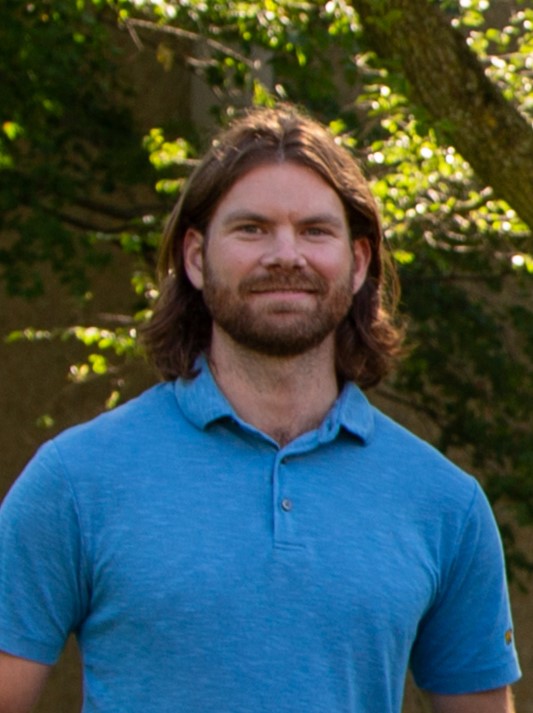Dr Geoff Coombs
Lecturer in Sport & Exercise Science
Overview
Geoff is a lecturer in Sport and Exercise Science and a member of the Institute for Applied Human Physiology. He recently joined Bangor University in 2024 after completing postgraduate training in environmental physiology and two postdoctoral fellowships studying the regulation of cerebral blood flow and neuroimaging. Geoff has had the opportunity to practice these areas of expertise around the world (e.g., Peru, Croatia) working with unique populations in various extreme environments (indigenous high altitude populations, free divers). Overall, these experiences have broadened Geoff’s scientific approach where he employs a diverse array of physiological research techniques (transcranial Doppler ultrasound, MRI, thermometry, etc.).
The successful coordination between cardiovascular, respiratory, autonomic, and thermoregulatory systems is essential to physiological homeostasis, particularly in environmentally or physiologically compromised scenarios. Natural (aging) and human-made (climate change) processes can increase the risk of serious health conditions such as heat stroke or cognitive impairment. Geoff’s research program examines the integrative cardiorespiratory aspects of human health and performance. His specific research interests include human health throughout the lifespan and how the environment influences that process – specifically, the human health impacts of climate change as well as the benefits of physical activity on cardiovascular health during the aging process.
Please email me if you are interested in postgraduate or postdoctoral opportunities.
Research
Areas of research: 1) cardiovascular and thermoregulatory responses to extreme environments (heat, cold, diving), and 2) cerebrovascular regulation in health and aging. Both themes require an integrative approach assessing multiple organ systems that function to support to regulate thermal and cardiorespiratory homeostasis during combined environmental stressors (e.g., exercise, heat, and pollution), or to maintain cerebral oxygen delivery and therefore neural processes.
Education / academic qualifications
- Postdoctoral Fellowship (2022 - 2024)
- Postdoctoral Fellowship (2020 - 2022)
- PhD (2016 - 2020)
- MSc (2013 - 2016)
- BSc (2009 - 2013)
Research outputs (50)
New evidence for baroreflex and respiratory chemoreflex-mediated cerebral sympathetic activation in humans
Research output: Contribution to journal › Article › peer-review
Respiratory muscle strength pre- and post-maximal apneas in a world champion breath-hold diver
Research output: Contribution to journal › Article › peer-review
Effects of single- and bilateral limb immersion on systemic and cerebral hemodynamic responses to the cold pressor test
Research output: Contribution to journal › Article › peer-review
Media coverage (1)
Research to study the benefits of a sauna, as popularity rises
Press/Media: Research


